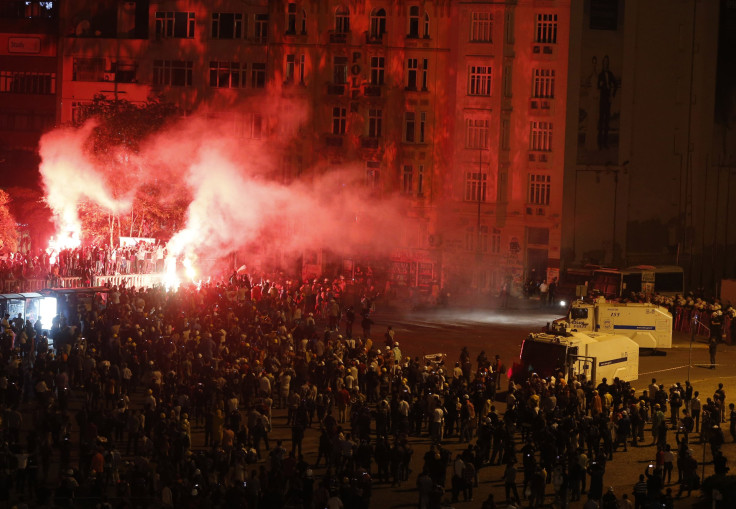Turkey Has A Long History Of Quashing Protests -- Here's Why The World Cares Now

The world shuddered as police, at the behest of a hostile Turkish Prime Minister Recep Tayyip Erdoğan, cracked down on protesters in Istanbul’s Taksim Square with tear gas and brute force.
The Economist, the lofty British magazine, slammed Erdoğan’s authoritarian bent, questioning whether he was truly a democrat or a sultan. A group of Turkish expats in California raised $108,371 on the crowdfunding site Indiegogo to buy a full-page ad in the New York Times, which ran last Friday. And on Thursday, the European Parliament passed a resolution calling the police actions “disproportionate” and “excessive.”
But why, suddenly, does the world care that Ankara is silencing dissent?
“These guys have good connections, they have good connections in the U.S. and Europe,” Emre Deliveli, an Istanbul-based economist, told International Business Times. “To make it very simple, [Erdoğan] messed with the wrong people.”
He said human rights violations like those condemned by the Western world now are nothing new to Turkey’s minority groups.
“These human rights violations have happened in the past, against Alawites and Kurds, but it doesn’t have as much reach as the Gezi protesters,” Deliveli said, referring to Gezi Park, the sliver of green space in Taksim Square where the protests began.
The nearly 750,000 Alawites, a sect of Shia Muslims known recently for its connection to Syria’s ruling Assad family, that live in Turkey have repeatedly protested government-mandated religion classes that disregard their beliefs.
In an op-ed in the Lebanese daily Al-Nahar, writer Ardikal Kilimandjaro called on Europe to support their fight for equality.
“Do we have to be burnt alive in the 21st century so that Europe can see reality for what it is?” he said. “We are Alawites. We are peaceful and humane people and we plead for your support in order to avoid the worst.”
Mistreatment of Kurds, who have long fought Ankara for autonomy, is well documented.
And in 2010, CBS’s “60 Minutes” exposed the Turkish government's seizing properties and closing churches belonging to the Orthodox Christian Church. And 98 years after the Armenian genocide, Turkey maintains its policy of denial.
“It’s not that Erdoğan just turned like this overnight,” Deliveli said. “But these people who are protesting are very good with social media.”
© Copyright IBTimes 2024. All rights reserved.






















